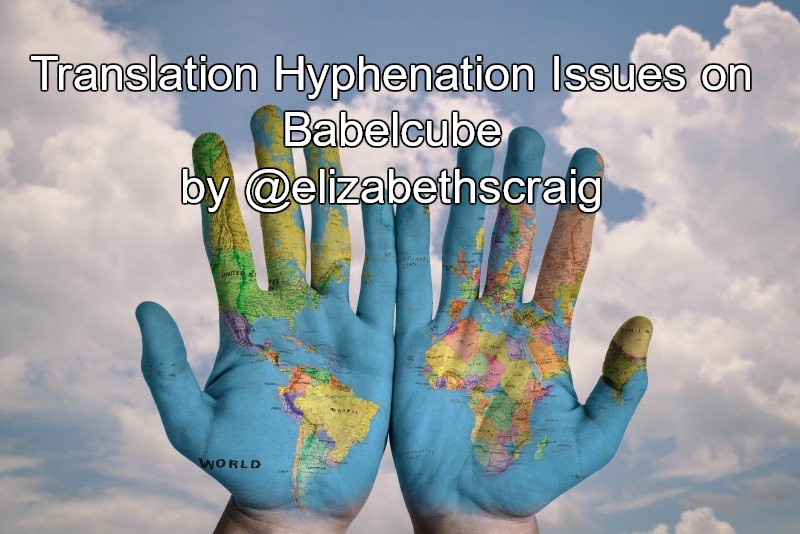by Elizabeth S. Craig, @elizabethscraig
This is one of those posts that will only help a very specific group of writers, but I thought I’d throw it out there since the issue is one that I’ve struggled with for about a year.
I’m still working with the translation platform Babelcube, although I’m also working with a couple of other platforms, as well (Tektime and BundleRabbit). There are translators who prefer to work with Babelcube…knowing that the platform has its problems, but at least it’s something of a known entity.
This particular issue has to do with hyphenation at the end of lines for paperback books. The problem is that Adobe likes, naturally, to hyphenate as though the text’s language is English. This, as you’d imagine, doesn’t work well for other languages…specifically, in my case, German and Spanish. It may also not work in others, but I haven’t yet gotten any complaints about hyphenation in Portuguese. The hyphenation is very distracting to readers.
There may be a way to turn off this automatic hyphenation (the Word files I’m uploading are from the translators and do not have this errant hyphenation) in Adobe, but I’ve yet to find a solution for doing so.
If you choose to use the Babelcube automatically-generated PDF instead of uploading your own for a paperback, you’ll also encounter the problem.
After poking around online in forums and through blog posts, here’s what I’ve been able to come up with:Continue reading





